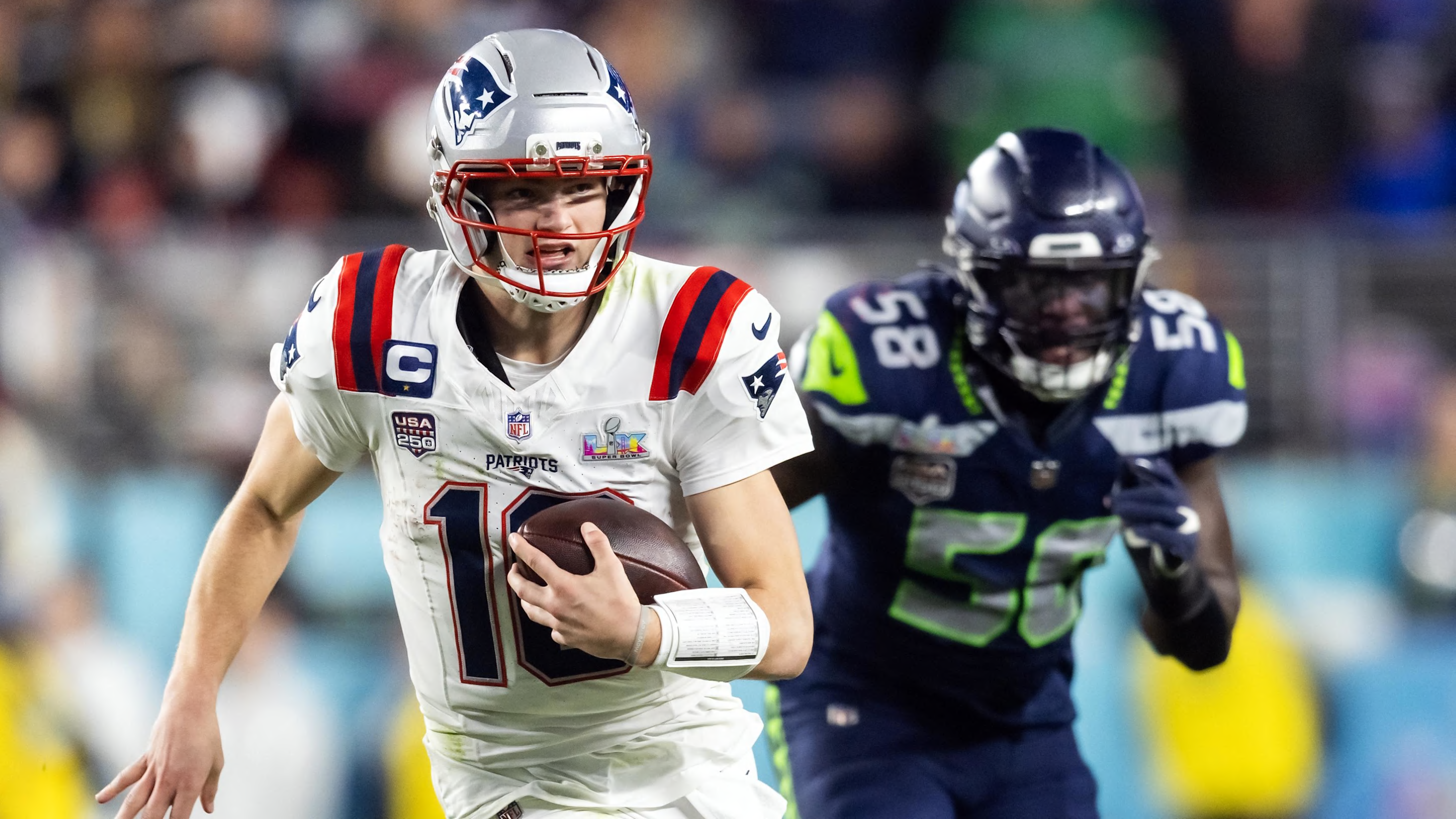‘This the season for spending for many. An estimated 197 million people shopped from Black Friday to Cyber Monday, according to the National Retailer Federation. On Black Friday alone, consumers spent a record $33.6 billion.
In the leadup to Black Friday, media platforms were flooded with advertisements designed to get consumers to depart with their cash in exchange for goods and services. But what really influences people’s decisions to shop? What happens to them psychologically and physically when they are buying something? And is there another hobby just as joyous—but less expensive and more sustainable? Uma Karmarkar’s research examines the factors that consciously and unconsciously influence how people make decisions, including purchases and what that means for markets.
The associate professor, who holds a joint appointment at UC San Diego’s Rady School of Management and School of Global Policy and Strategy, was recently selected to be part of this year’s cohort of the Marketing Science Institute’s Mid-Career Scholars, and she currently serves as president for the Society for Neuroeconomics.
“Neuroeconomics is a field of study that uses theories and methods from neuroscience, psychology and economics to better understand how people make real-world decisions,” Karmarkar said.
Karmarkar, who holds a Ph.D. in neuroscience from UCLA in and a second Ph.D. in consumer behavior from Stanford, sat down with UC San Diego Today to give more background on neuroeconomics and explain the science behind shopping.
Firstly, what attracted you to the field of neuroeconomics?
I started out my scientific career in neuroscience looking at how the individual brain cells coded, stored and communicated information in networks to help us keep track of time, learn new things, or create new memories. As I learned more about the emerging field of neuroeconomics, I began to understand decision-making as a complex process that could draw on all the cognitive functions I was studying in a range of really interesting ways. And it was also a topic that would let me connect basic science research with everyday human behavior. I found it very exciting that we could build models from brain to behavior on how we make choices about health or career or finances, or even shop for groceries.
How do you study neuroeconomics?
Fundamentally, neuroeconomists are interested in choices, so we run a lot of psychology and/or behavioral experiments where people make choices or tell us about their evaluation of options. My own research has also drawn on functional














